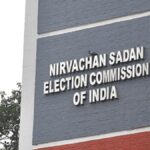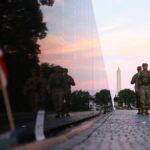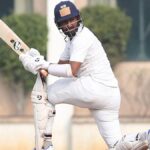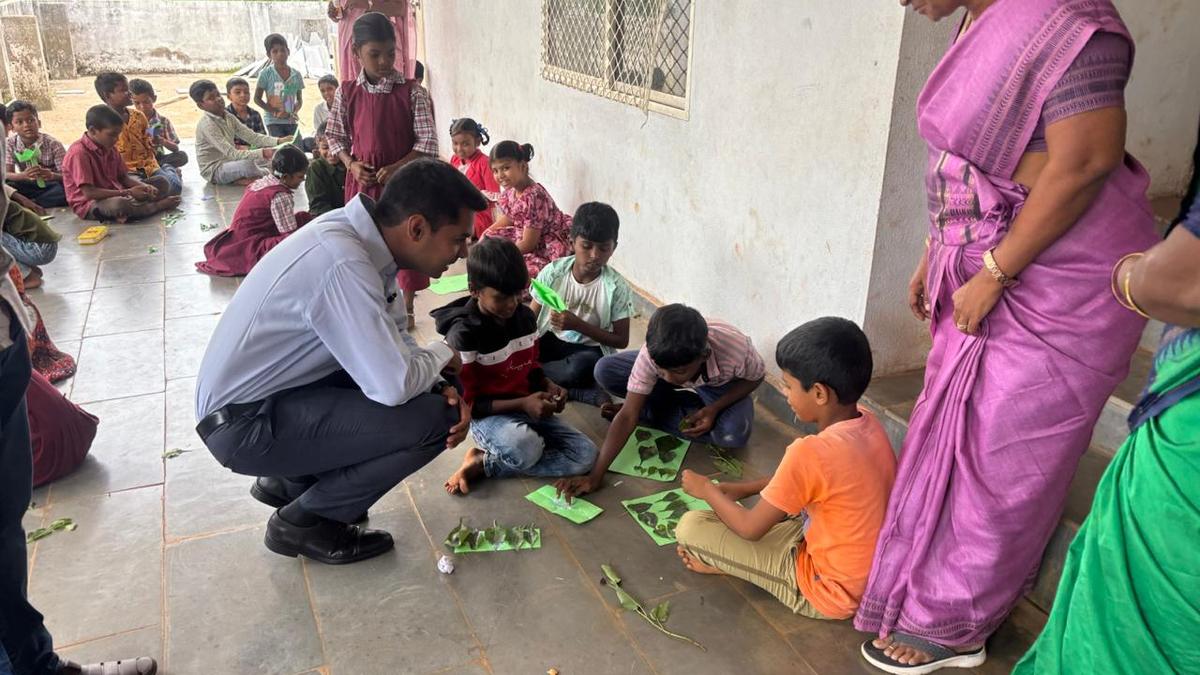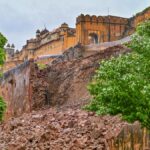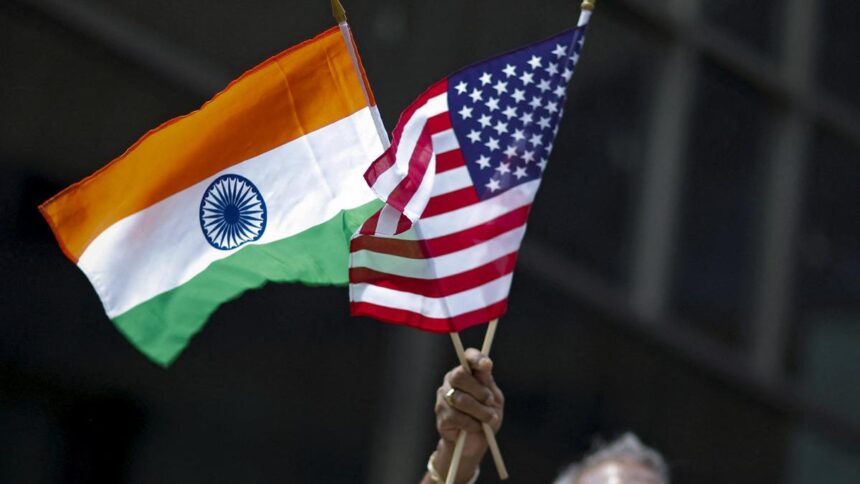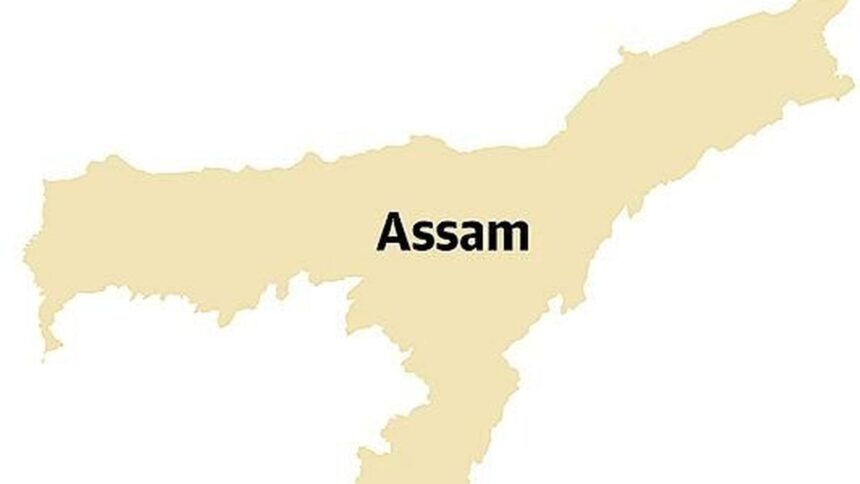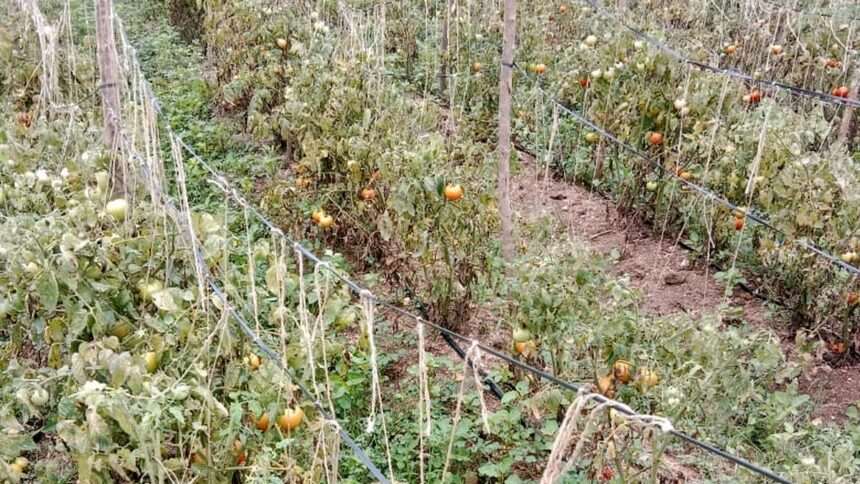
Khammam District Collector Anudeep Durishetty along with students at the Government Primary School, Indiranagar, on its ‘bagless day’ on Saturday. Photo: ARRANGEMENT
It was not a holiday for students at the Government Primary School in Indira Nagar, Khammam on Saturday. Although a few students turned up in their school uniforms, none of the students carried their school bags. And the entire day was dedicated to activities, such as craft, games, painting or team exercises.
While some moulded clay or made seed balls, others cut paper and made dolls, boats and paper bouquets. The paper flowers were also readily used, to welcome District Collector Anudeep Durishetty who reached the school to inspect ‘no-bag day’ arrangements.
Observed every fourth Saturday, no-bag day or bagless day, as per National Education Policy 2020, is for enrichment of students with activities including vocational crafts, or a visit to a place of importance. The larger idea of the scheme is experiential learning, integration of vocational subjects into the learning process, and bridging the gap between theory and practice.
For students at Indira Nagar, the day’s outcome was greeting cards, poster designs, solving of some puzzles, and paper designs. Besides song, dance and small speeches, the attraction of the day was Ganesh idols made from clay and flour.
“The students were very excited and eager to show their creation. The main goal, to reduce the burden of books and homework, and help them destress is happening with no-bag day. We will implement it across all the government schools in the district with more innovative activities and visits,” Mr. Durishetty shared.
Students’ ability to focus on studies, with such breaks once in a month as per NEP 2020, can also be achieved through games, sports, arts, environmental protection awareness, cultural programmes, he observed.
Future activities would include visits to museums, historical places, government offices, conducting science experiments, skits on education, kite making, math corner, rangoli, model elections, mock assembly, and financial transaction management, he suggested.
Published – August 24, 2025 07:22 am IST





